Some time in 1965, patriotic men and women of national conscience largely from the provincial Gambia, majority of whom barley literates and non-elite class came together to form a progressive grass root political movement “peoples protectorate party” and later “Peoples Progressive Party”; a liberation movement which resulted to the attainment of our sovereignty as a nation state. The movement was never built on the basis of regionalism or tribalism as wrongly misinterpreted in some quarters; but it was rather a civil advocacy movement against injustices, discrimination and misrepresentation; a fight for a common good. It included the entire protectorate regardless of sectarian affiliations.
In the then colonial Gambia, the ordinary people from the protectorate were grossly marginalized, disenfranchised, discriminated and excluded to rightfully partake in the governance, administrative and policy decision making processes of the country. They were considered as mere subjugates and illiterates with virtually no voice and representation in the governance despite the fulfilment of tax obligations and commitments. The “no taxation without representation” crusade, coined by one of our founding fathers, Edward Francis Small, at Balangarr CRR, was a protestant manifestation against the unjust system of misrepresentation and marginalization. This was at a time when the country was divided into the colony and protectorates. The colony constituted of BJL and Kombo St Marry, governed by the colonial administration; while the protectorate by the Chiefs( SEYFOLU) in consultation with the colonialist.
The subjugation and generalised marginalisation was in itself a strategy meted out to protectorates not in isolation, but aided and supported by our very own people. Some of our people from the colony see the protectorate peoples as non literates and non significant actors in national affairs. Farmers and labourers that hailed from the Protectorate faced all forms of discrimination and challenges. It is amidst this unfortunate circumstances that Ba Sanjally Bojang, Nfamara Wassa Touray and others came together to form a social support group called “Lilahi Warasul”. Members of the group contribute and help out each other within the colony. Also, it help advance the plight of the peoples from the Protectorate and guard their civil rights. It later advanced to be the ‘Peoples Protectorate Party’ and led the Gambia to nationhood.
Within the clouds of celebration and narration to the road to independence, we tend to forget the small strives of the initiators, support groups amongst others. In this group we saw the contributions of the uneducated class, ordinary as they may, working in harmony with the few educated elites such as Edward Francis Small, Sir Dawda jawara etc brought about self governance and the pride of independence. History isn’t always bias, rather the details get caught into the narrative and the most noticeable is highly spoken about. In essence, these ordinary men and women must not be brushed under the carpet for their story is embedded with wisdom, selflessness, courage and perseverance worthy of reflection and celebration.
Saikou Imam Jabbi

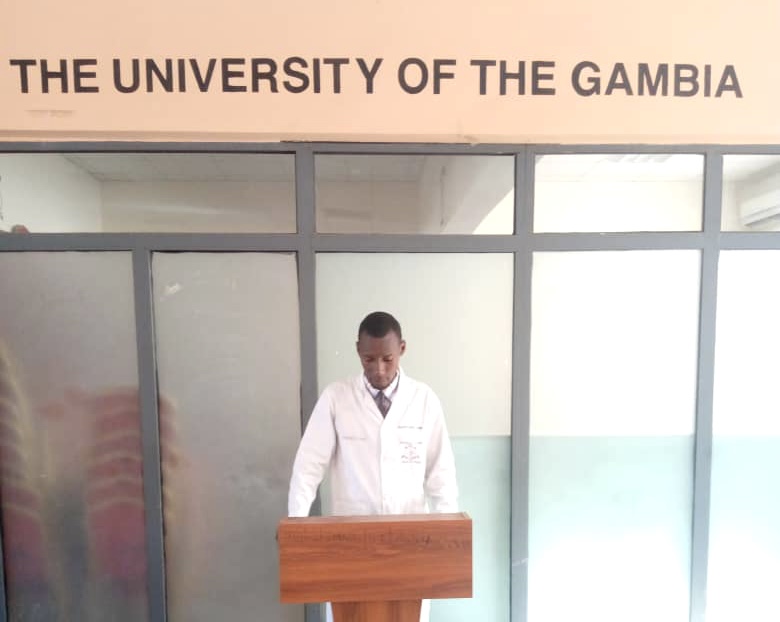
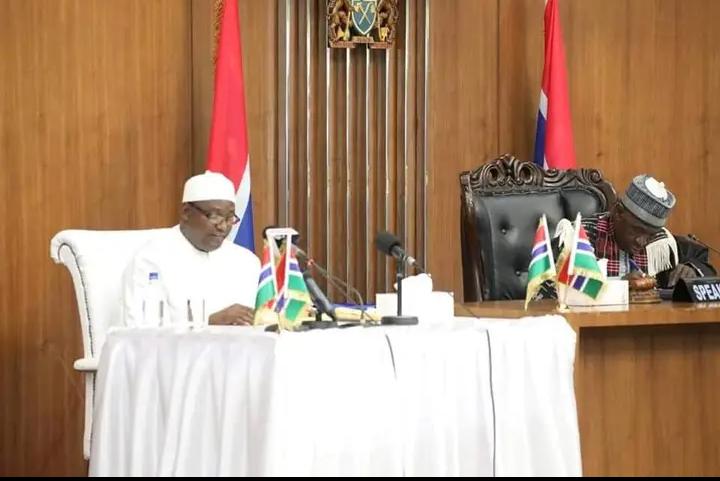
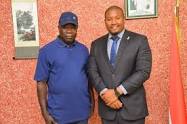
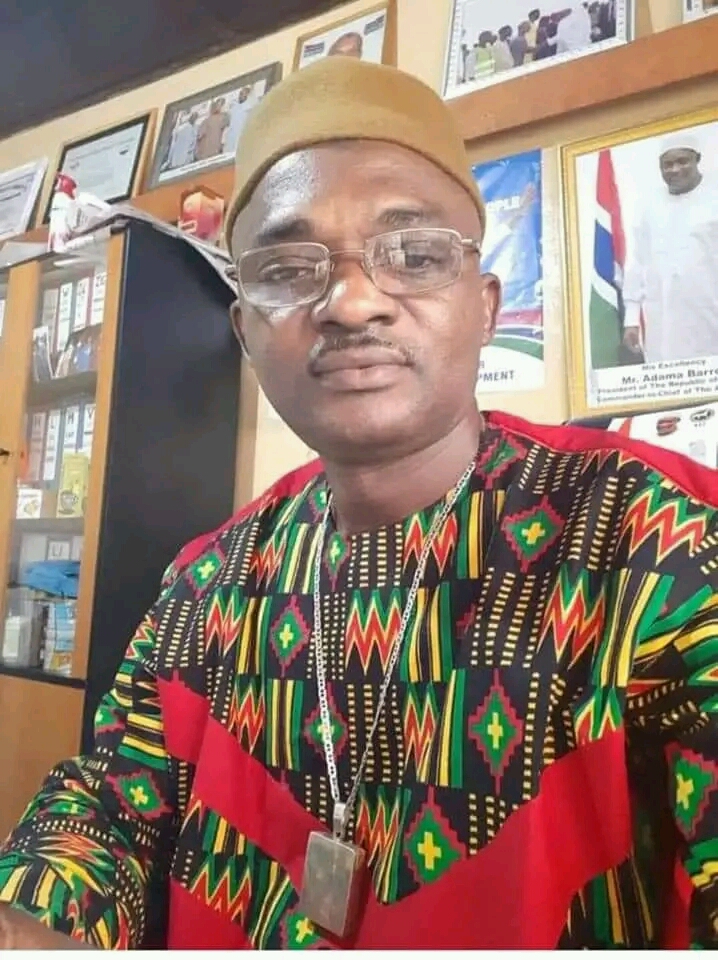
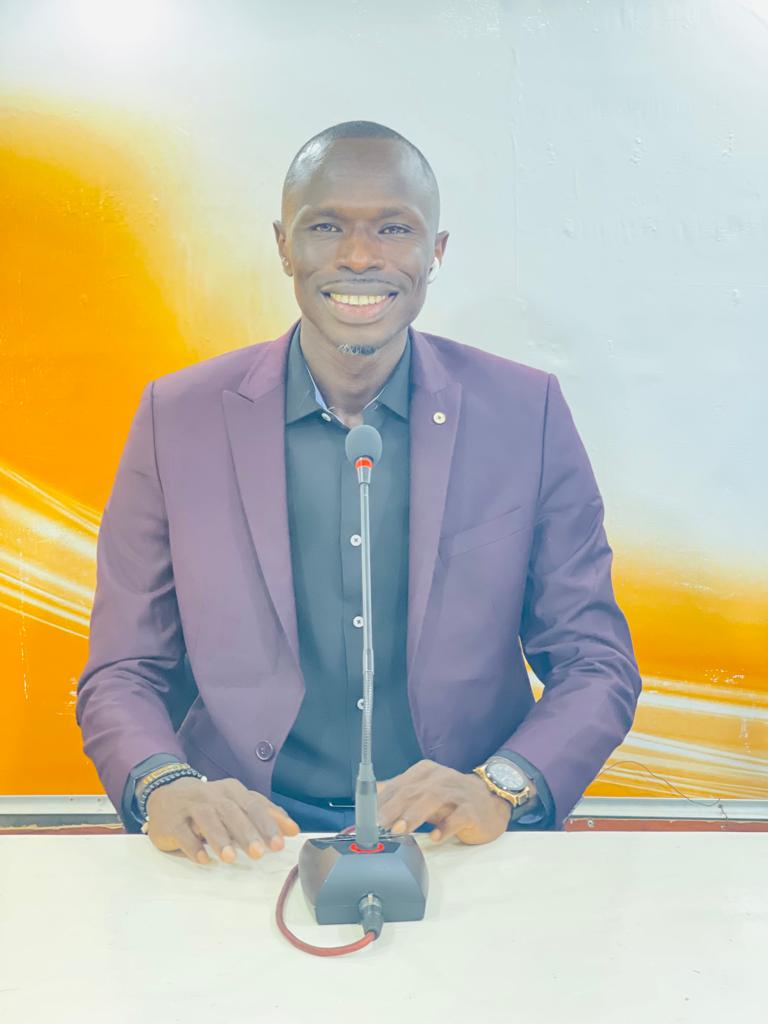
Leave A Comment